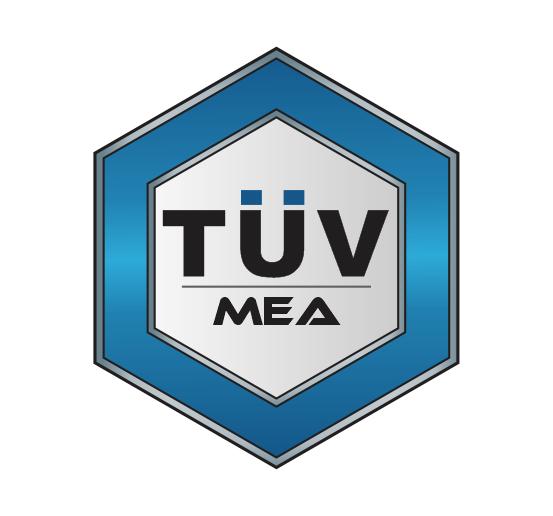iso 22000 - food safety management system (fsms)
ISO 22000:2018 is an international standard that specifies the requirements for a Food Safety Management System (FSMS). It provides a framework for organizations involved in the food industry to establish, implement, maintain, and continually improve their food safety processes. The standard is designed to help ensure the safety of food products throughout the entire supply chain, from farm to fork.

Benefits
ISO 22000 helps organizations to systematically identify and manage food safety risks, leading to safer food products and reduced potential for foodborne illnesses.
ISO 22000 is an internationally recognized standard, and certification can enhance an organization's reputation and competitiveness in the global food market.
Compliance with ISO 22000 can assist organizations in meeting food safety regulations and legal requirements in various jurisdictions.
The standard enables organizations to proactively identify and mitigate food safety risks, reducing the likelihood of costly food recalls and product liability issues.
ISO 22000 encourages the efficient use of resources and processes, which can lead to cost savings and improved operational performance.
Certification to ISO 22000 can instill confidence in customers and partners, as it demonstrates a commitment to food safety and quality.
Implementing ISO 22000 can help organizations establish and maintain strong relationships with suppliers and customers by ensuring food safety standards are met throughout the supply chain.
ISO 22000 promotes a culture of continuous improvement, leading to ongoing enhancement of food safety processes and performance
